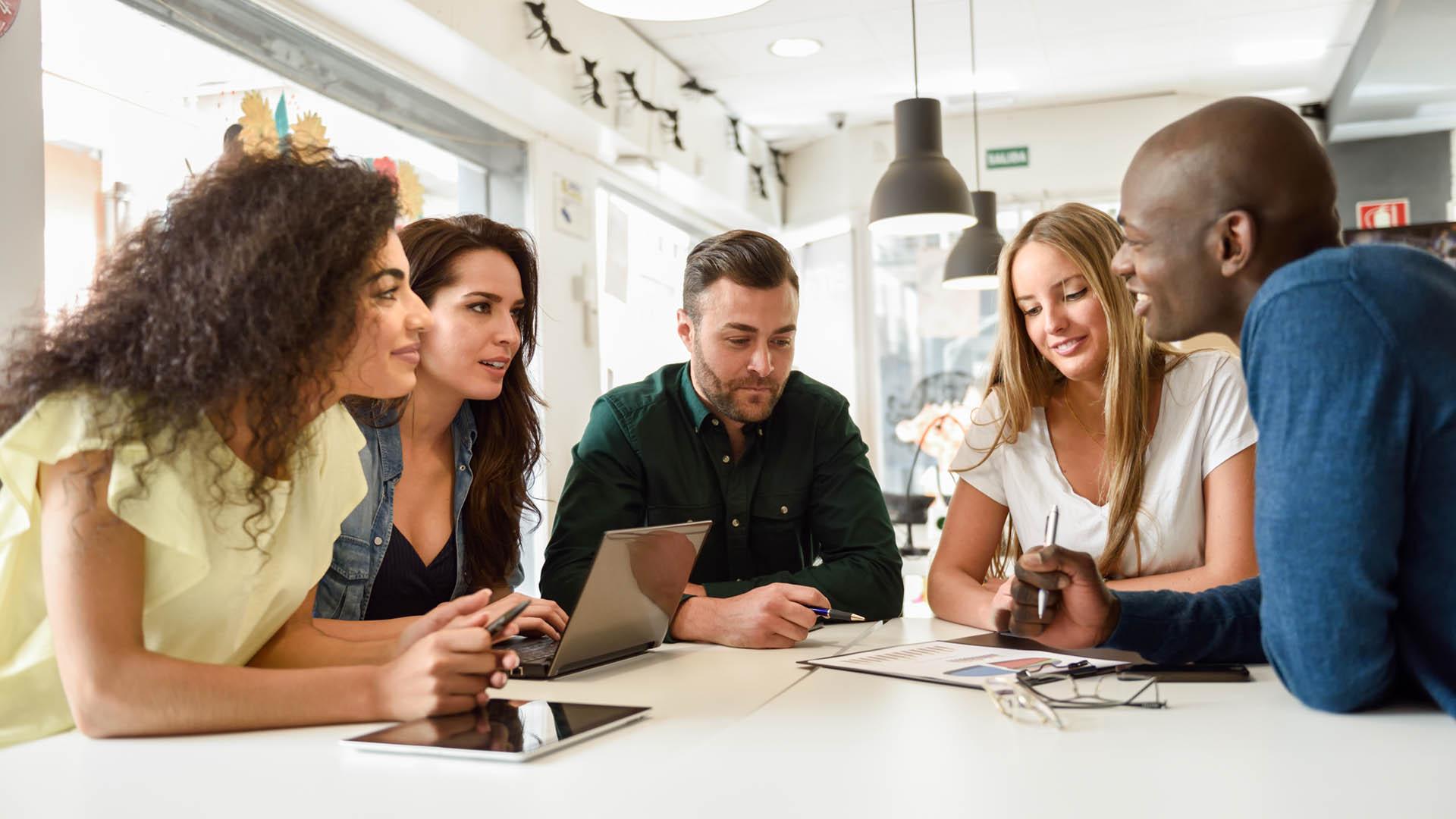Trade shows can be a fantastic way to launch a new product, find new partners, and garner attention for your brand. Moreover, events of this nature involve a significant amount of planning and sometimes organizing a trade show of your own can be a brilliant opportunity to network with industry insiders and potential clients and customers. Consequently, you can learn more about how to coordinate and organize a trade show style event of your own here: https://www.smartworksevents.com/services/meetings-events/. That being said, when attending a trade show, if you focus too heavily on preparation over execution, there is a chance you could be missing out.
Many up-and-coming CPG brands I talk to are looking at CES or the NY Toy Fair as potential options of starting 2019 off with a bang here in North America. Finding the right booth location, booth design, sample kits, and nailing down your pitch are very important; however, in some ways, it’s similar to speed dating. Lots of opportunities. Most are not worth your time.
It’s About What Happens After the Show
A person could spend weeks setting up appointments with all the business cards received from a trade show – and some do this – but narrowing down your 1st, 2nd, 3rd priority contacts is necessary for efficiency. Waiting more than 14 days after a trade show to contact your priority leads isn’t excusable. There’s a good chance you’ll already be forgotten.
Sounds like a no-brainer? I once saw a promising brand meet with Walmart for an in-store deal, and then they waited over a month after the show to contact Walmart back. Think the deal happened? Keep dreaming.
Many brands aren’t even standing at the starting line, by that I mean they’re not retail-ready (i.e. packaging, insurance, logistics, marketing strategies in place, etc). They have samples, a warehouse perhaps, Facebook campaigns, and a general pricing strategy. Cool. What about insurance, retail marketing, financing for POs, MAP control strategies, etc.
Many retailers require that you go through a distributor. Did you know that? Some are okay with buying direct from a 3PL (3rd party logistics) partner. Typically the big retailers prefer going through distributors if you’re a new, younger brand.
Knowing what information is important, how to say it, and how to take next steps is an important skill that contribute to making the retailers’ jobs easier – and thus make deal making easier for you.
There’s You, Then There’s Everyone Else
Guess what? Chances are you’re not the only brand trying to secure placement with key retail distribution partners (online or offline). You may have had a great 30 second pitch at CES but none of that matters if you’re not able to out-compete for limited buyer attention and budget.
Depending on your retail preparation, finding the right sales partner can help open doors; however, do not assume that a commission-only partner will be very attentive in helping you develop your strategy, branding, and all the other pieces that are required to reach the end of the tunnel. Same can be said for distribution partners. Many brands have fallen victim to assuming these partners “handle it all”. You get what you pay/work for.
Final Words
If you’re spending money on trade shows, at least be willing to spend some money getting totally prepared – not only for the show presentation – but the post-show activities that determine ROI.
You’d be surprised how many brands exhibit at a CES, Toy Fair, IFA, etc and never end up succeeding in the market. If you are planning on exhibiting at major trade shows in 2019 and need assistance on how to stand out from the competition, please reach out Yohan Jacob at yjacob@retailbound.com.



